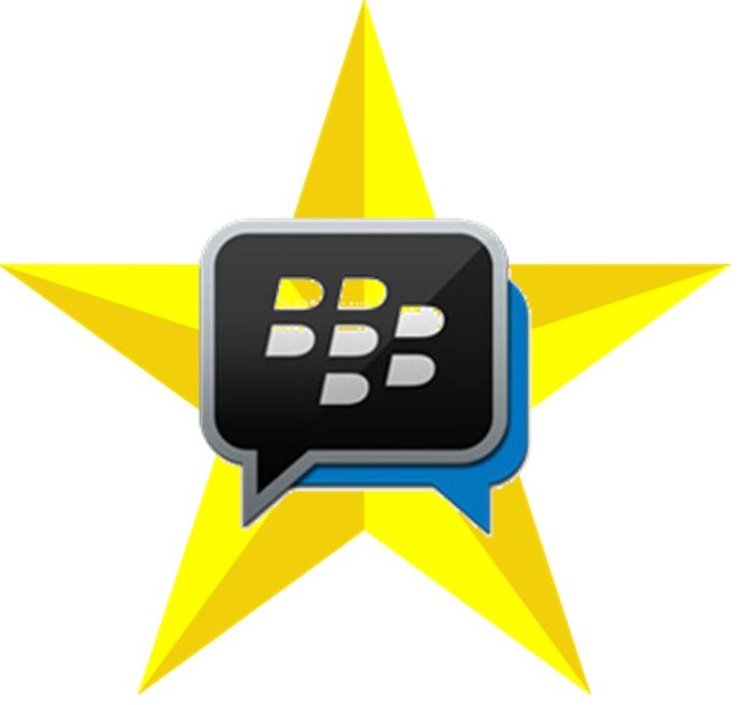Mobile games continue to show impressive growth
Mobile games are beginning to play a larger role in the lives of people around the world. Mobile analytics firm Distimo and mobile commerce firm MEF have released a new report concerning the trends that have emerged worldwide concerning the use of mobile application. The report shows that mobile games have come to represent a significant percentage of all application downloads. These games also make up the majority of the revenue that the applications sector is responsible for.
Games account for majority of app revenue
According to the report, mobile games represent 31% of all application downloads around the world. While this may seem like a small share of the given market, these games also represent 71% of the total revenue of Apple’s App Store and 89% of the revenue of Google Play. Many mobile games are free to play, but include in-game purchases that allow users to spend money to unlock additional content. Much of the revenue that these games produce come from these purchases.
 Freemium model proves lucrative for developers and publishers
Freemium model proves lucrative for developers and publishers
Approximately 7% of the revenue that mobile games are responsible for comes from actually purchasing a game. The so called “freemium” model, whereby games can be acquired for free but additional features must be purchased through small transactions, is the most lucrative model for mobile developers currently. Mobile games have come to represent one of the most lucrative sectors for the game industry as a whole and a growing number of prominent developers and publishers are beginning to take the mobile space more seriously as a result.
Mobile games likely to continue gaining momentum around the world
Mobile games are expected to continue seeing strong growth throughout the world, especially as these games begin making their way to emerging markets in Africa and Asia. China is currently home to one of the most robust mobile gaming markets in the world, with thousands of games being produced on a daily basis throughout the country.
The BlackBerry’s messenger service has proven itself to be tremendously popular.
BlackBerry is finally enjoying some time in the spotlight for a positive reason, which is connected to the popularity of the release of its BBM apps for Android and iOS device users.
The messenger service was recently released for those two operating systems and is being downloaded by the millions.
The BlackBerry devices may not have been selling at the rate that they had hoped, but its messenger apps are a huge hit among Apple and Android smartphone owners. According to the company’s own data, there had already been more than 10 million downloads of the BlackBerry Messenger service within the first 24 hours of its initial release to users of devices that were not from that manufacturer.
BlackBerry said that its apps are now processing approximately 500,000 new users every hour.
 Jeff Gadway, a spokesperson for BlackBerry, said that “We have absolutely incredible demand we’re trying to manage.” He added that “We’re off to a really good start.” This hype and popularity for the apps is very welcome news for the Canadian company, which has been fighting a losing battle with its competitors in the smartphone marketplace and has put itself up for sale.
Jeff Gadway, a spokesperson for BlackBerry, said that “We have absolutely incredible demand we’re trying to manage.” He added that “We’re off to a really good start.” This hype and popularity for the apps is very welcome news for the Canadian company, which has been fighting a losing battle with its competitors in the smartphone marketplace and has put itself up for sale.
These new millions of users of the apps are in addition to the 60 million BlackBerry users who are already using the BBM service. That said, it is not yet clear how the manufacturer will actually generate any money from this popular new service. The application, itself, is free, and there is competition within the instant messaging sphere, to the point that BBM is not currently the leader.
Among the BBM apps, the one designed specifically for BlackBerry users was the very first instant messenger created specifically for smartphones, and it rapidly became exceptionally popular in the last half of the first decade of the 2000s. It provides users the ability to keep their identities secure through a unique and protected anonymous code, and to know when their messages had been delivered to the recipients, and when they had been opened. Now, despite a large number of alternatives, other device users are beginning to enjoy this same benefit.
 Freemium model proves lucrative for developers and publishers
Freemium model proves lucrative for developers and publishers
 Jeff Gadway, a spokesperson for BlackBerry, said that “We have absolutely incredible demand we’re trying to manage.” He added that “We’re off to a really good start.” This hype and popularity for the apps is very welcome news for the Canadian company, which has been fighting a losing battle with its competitors in the smartphone marketplace and has put itself up for sale.
Jeff Gadway, a spokesperson for BlackBerry, said that “We have absolutely incredible demand we’re trying to manage.” He added that “We’re off to a really good start.” This hype and popularity for the apps is very welcome news for the Canadian company, which has been fighting a losing battle with its competitors in the smartphone marketplace and has put itself up for sale.